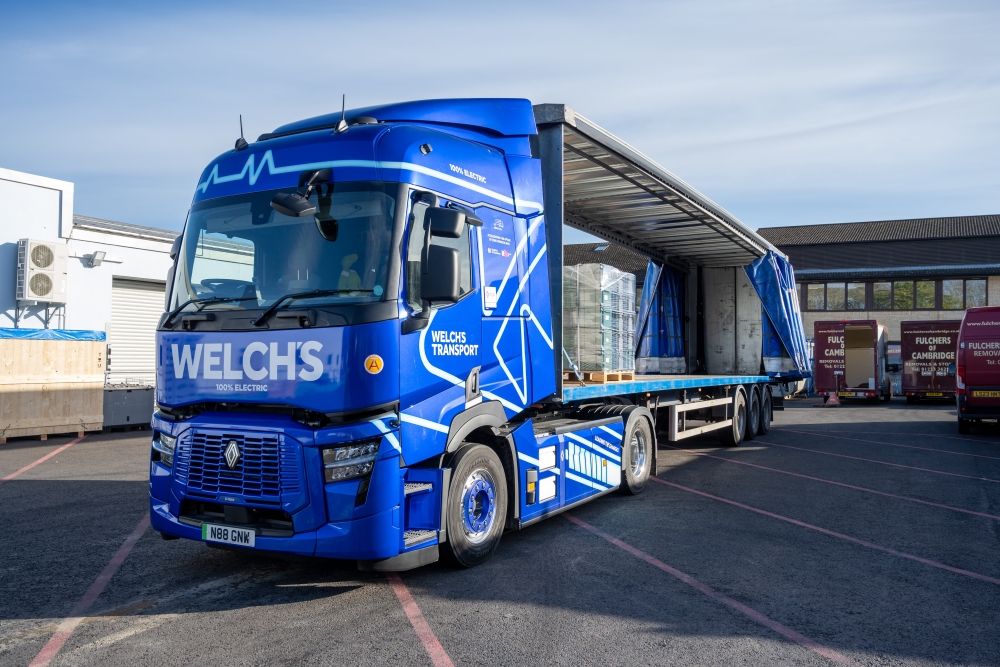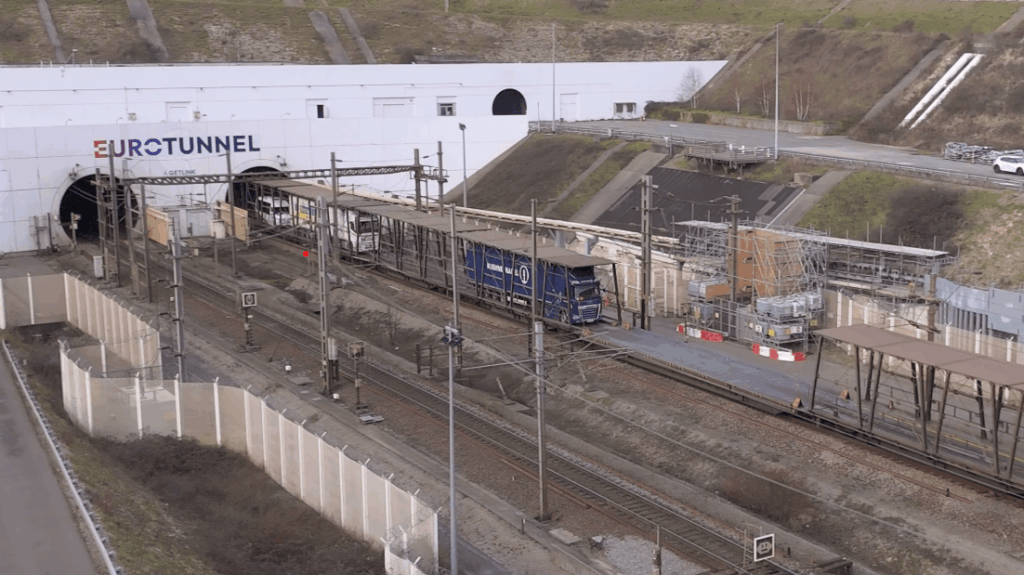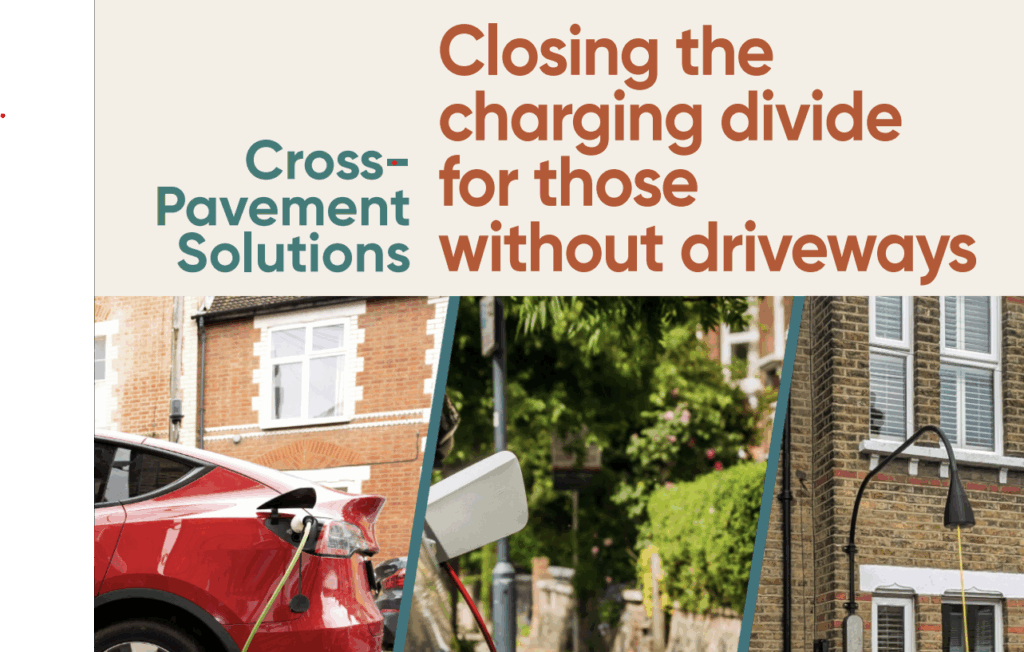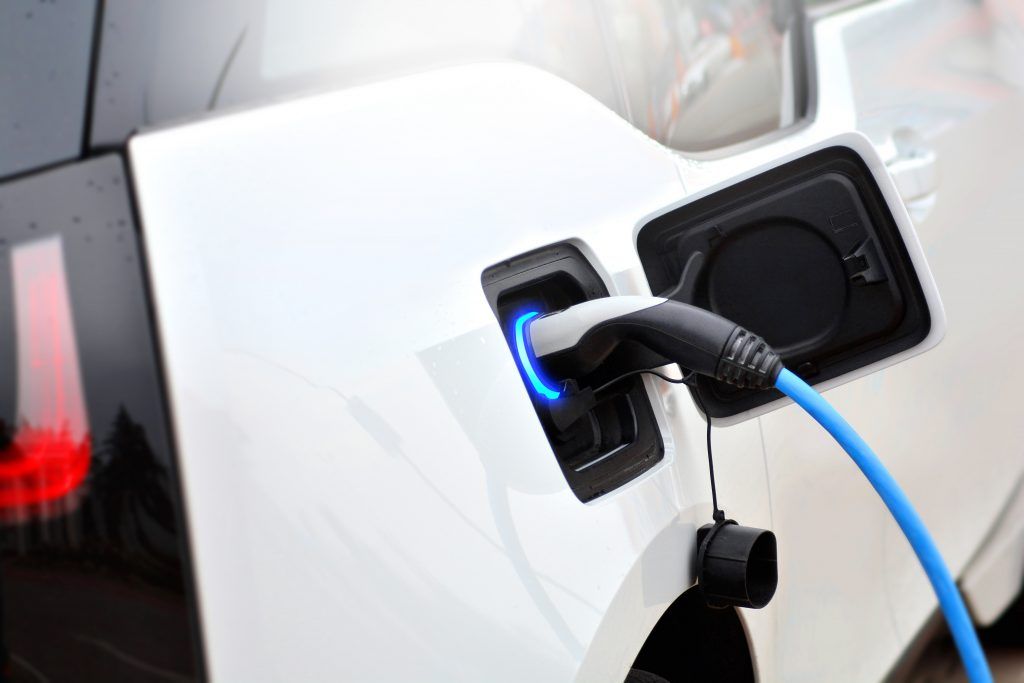Projects exploring battery recycling, digital twins, new battery materials, and new manufacturing techniques have received funding from the Faraday Battery Challenge – supporting innovation in propulsion battery technologies for electric vehicles (EVs) in the UK.
Seventeen projects will share £27.6 million in funding from UK Research and Innovation’s Faraday Battery Challenge, delivered by Innovate UK.
The projects aim to enable UK competitiveness across the battery value chain by:
- building and securing the UK supply chain
- improving battery performance
- reducing cost of batteries
- developing more efficient and globally competitive manufacturing processes
- developing more sustainable batteries
- accelerating the development and scale-up of battery technologies
For example, a project led by OXLiD Ltd is exploring Lithium-sulfur (Li-S) batteries.
These are a promising energy storage technology for applications where high performance, lightweight batteries are needed, like in airplanes.
Focusing on the development of quasi-solid-state Li-S batteries the project has the potential to significantly improve the:
- number of times Li-S batteries can be cycled before they reach their end of life
- amount of energy Li-S batteries can store per unit volume
- temperature range over which Li-S batteries can operate
Meanwhile the EXtrAPower project led by Nyobolt Ltd aims to bring to market an ultra-fast charging battery technology.
With an innovative design, Nyobolt’s batteries could drop the time taken to fully charge a vehicle down from hours to minutes.
With EV ownership increasing, the global EV revolution could create more than 11 million tons of battery waste annually by 2030. This is enough to fill Wembley Stadium almost 20 times every year.
Fortunately, this mountain of battery waste can be avoided by taking a circular economy approach, like the one being developed by Altilium Metals Ltd in Devon.
Altilium, through the CAM-EV project, is exploring how to recover the critical metals from old EV batteries and how to process them effectively so they can be reused in new batteries.
All the projects demonstrate a balance between specific technical, market and business requirements.
Moving battery innovation from technological potential towards commercial capability, these projects aim to ensure that the UK can meet its net zero commitments in the required timescale.
Minister for Industry and Investment Security Nusrat Ghani said: ”Efficient and reliable batteries are the key to powering new, green industries that will create jobs and enable our UK-made transition to net zero – from our world-leading renewables industry to our growing electric vehicle sector.
”This government is providing record funding for the Faraday Battery Challenge, unlocking industry investment in projects like these that build our competitive edge in these vitally important technologies.”
Tony Harper, Challenge Director for the Faraday Battery Challenge, said: ”As we move towards a net zero future the UK’s electric vehicle industry must continue to evolve. These winning projects have all shown how their ideas can potentially accelerate the development of technologies or business practices in the UK. I look forward to seeing how their innovations help to significantly advance the performance characteristics of batteries for electric vehicles.”
Image courtesy of Shutterstock.











